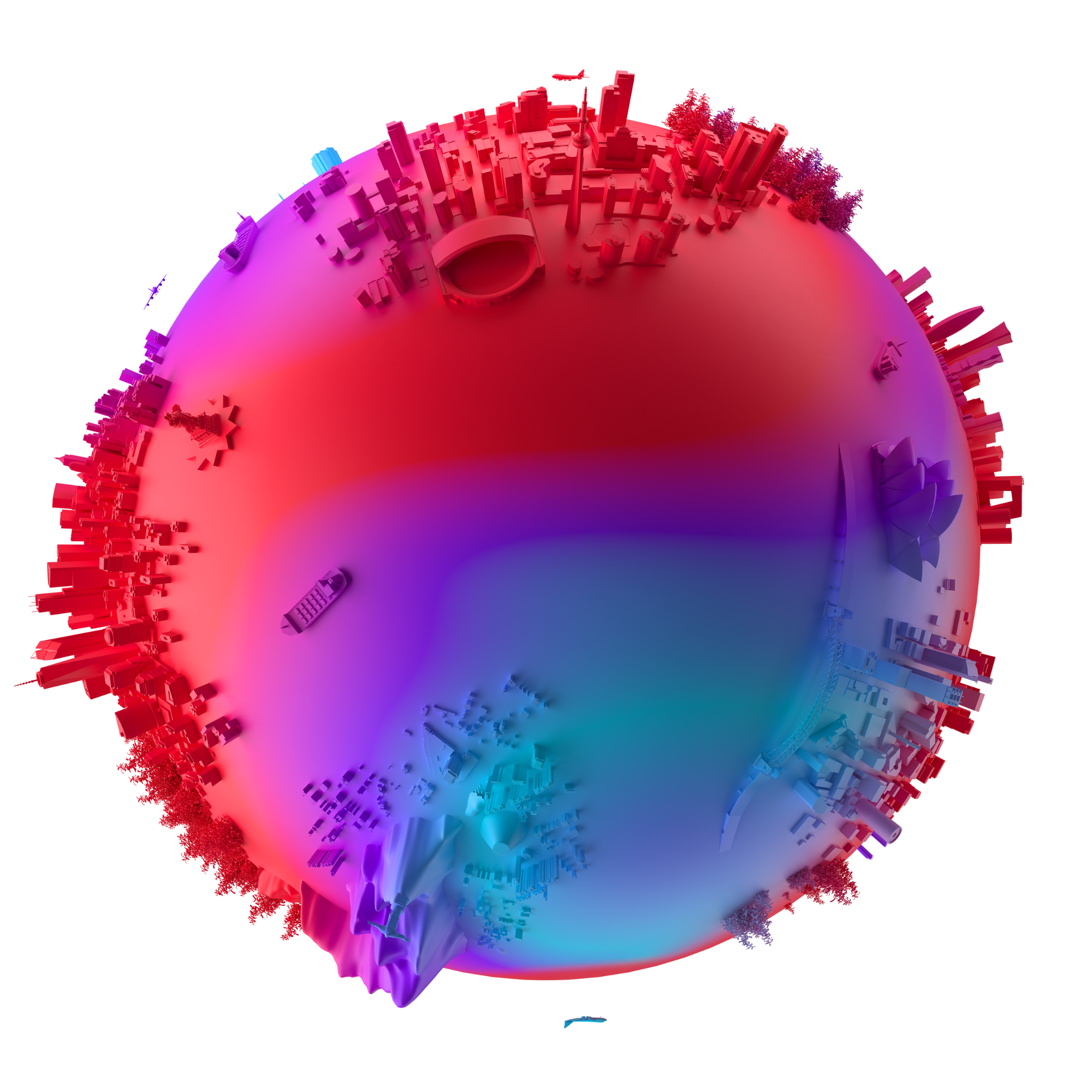Three-quarters of brands want to change their agency remuneration model
According to new research from WFA and global media advisors MediaSense, three out of four multinational brands are seeking to change their agency renumeration model in the next three years.
Share this post

Please note that this study is WFA member only content. If interested in WFA membership, please get in touch with our membership team.
The study shows a tremendous appetite for change, as increased complexity, better equipped clients and the speed of automation and AI push models away from traditional ‘time and materials’. In response, advertisers are putting added emphasis on output or outcome-based pricing, with 58% planning to increase their share, in order to accelerate the path to automation and create a stronger value exchange between clients and their agencies.
The Future of Media Remuneration is based on a survey of more than 80 multinational companies representing in excess of $60 billion in ad global spend. Additional interviews were held with senior agency leaders to reflect on the findings. It follows a 2023 study into the Future of Agency Models, which revealed a similar appetite to change the agency model.
The desire for greater accountability is, however, held back by major measurement and transparency limitations and this may slow the speed of change. 84% of respondents highlighted the lack of data and measurement between the advertiser and agency to measure outcomes as a major barrier. An even greater, 87% believe agencies are resistant to adopt models that require greater transparency in how they make money. And while 75% care about how their agencies make money, only 28% believe they have transparency into how they do.
The agency response to the findings was mixed. On one hand, there is a school of thought that “achieving mutual clarity on objectives and the value associated with hitting those targets will render the transparency debate irrelevant,” while on the other side of the debate there is the argument that “You can’t truly build relationships by saying ‘don’t worry what I’m making’.”
Critically, the desire for change is not grounded in cost reduction (only 15% pointed to this as their reason to change) and in fact, there is room for optimism with 61% brands expecting agency fees to increase over the next three years. In particular, brands expect to pay more for strategic and technical talent, while more commoditised or tech-enabled tasks will see fees drop. Where AI is deployed, 58% brands expect to pay less.
Ryan Kangisser, Chief Strategy Officer at MediaSense:
“The topic of remuneration is so intrinsically linked to the agency model, quality of talent, speed of automation and strength of partnership, that it was important to dive deeper into this transformational topic. In highlighting the unprecedented desire for change, clients and their agencies are going to need to partner closely to create the right value exchange which recognises the need to make money, but also the need to drive business outcomes for their clients."
“While advances in AI will push the topic of remuneration further into view, agencies must not lose sight of their strategic and technical talent who will become more critical in balancing the efficiencies of a more automated service model.”
Tom Ashby, Global Lead Media Services at WFA:
“The media landscape is evolving at an unprecedented rate, as new channels proliferate and AI reshapes the industry, bringing new complexities and even redefining the roles of advertisers, agencies and media owners. The agency business model and with it, the remuneration structure agreed with advertisers, must continue to adapt."
“Advertisers today face a pivotal choice: to push forward with more sophisticated, performance-driven remuneration models or to revert to more predictable, traditional approaches, managing and reducing one area of complexity. This survey shows a clear majority are looking to the former, reflecting an increasing desire to align agency performance with business outcomes, and which we believe can only be achieved with a collaborative, forward-looking approach by agencies and advertisers.”





